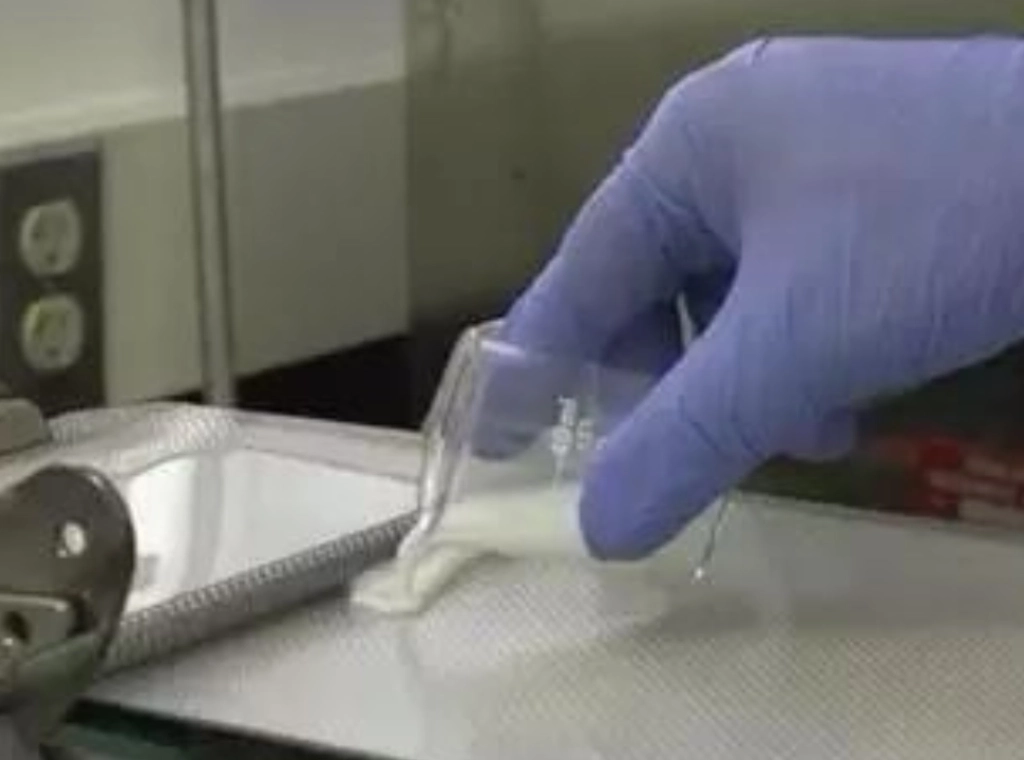
Newsroom
The United States Has Developed An Edible Plastic Film Made Of Milk Protein

Researchers from the U.S. Department of Agriculture have successfully used casein from milk to develop a new biodegradable and edible food packaging plastic film that performs better than traditional plastic bags in preventing food from spoiling.
The pores on this casein film are much smaller than those in traditional plastic bags, so it can effectively inhibit the penetration of oxygen, with performance improved by nearly 500 times, the USDA said. In addition to effectively preventing food from spoiling, this packaging film made of casein can be eaten directly and can be quickly biodegraded after being discarded outdoors.
Researcher Peggy Tomasula said: “Protein-based films are powerful oxygen blockers that help prevent food from spoiling. This food packaging also prevents the generation of garbage.”
To make the material more durable, the researchers added citrus pectin to the casein. In addition, the researchers wrapped the casein in a protective outer layer to keep it dry and clean.
Earlier this year, the U.S. Food and Drug Administration (FDA) announced a ban on the use of three perfluorinated compounds (PFCs) in food packaging materials. Researchers believe that this edible packaging material is a safe alternative to traditional plastic food packaging bags.



